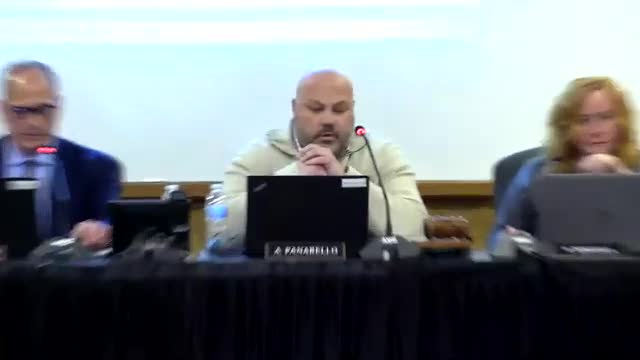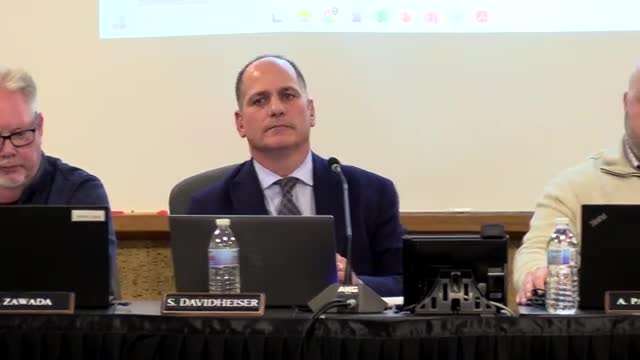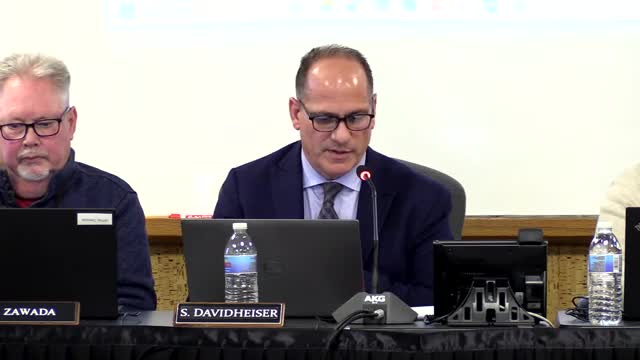Article not found
This article is no longer available. But don't worry—we've gathered other articles that discuss the same topic.

At Committee of the Whole: minutes approved; settlement and personnel motions pass

Administration presents $15M-plus Boyertown Elementary HVAC and roof project; CHA outlines two-summer timeline

Board committee recommends further planning, feasibility study for full-day kindergarten

Boyertown Area SD proposes 2025-26 budget with 3% tax increase, one-year property/rent rebate

